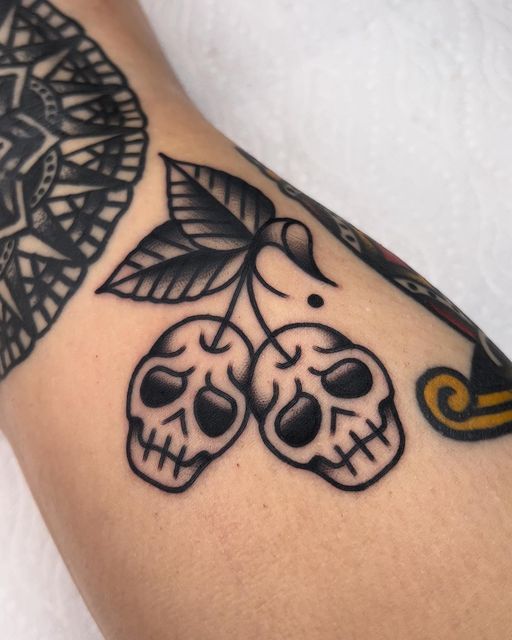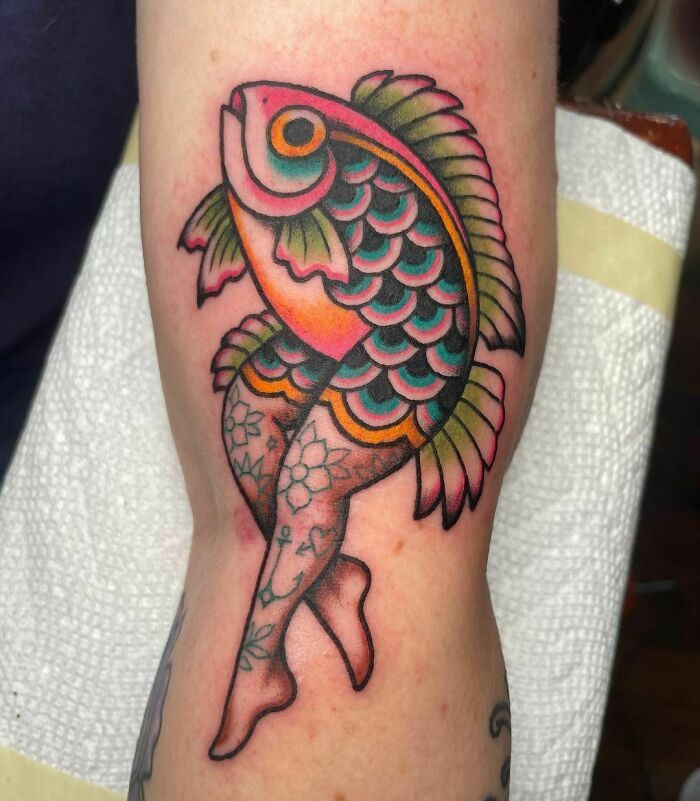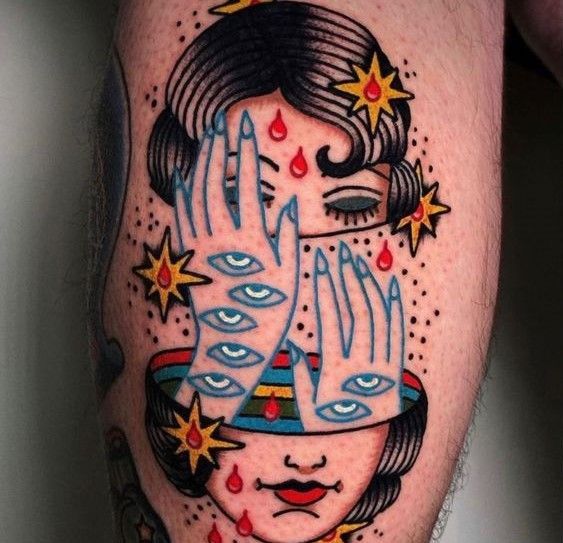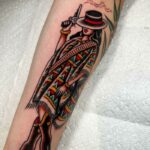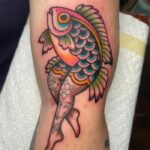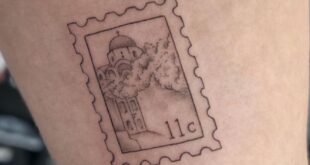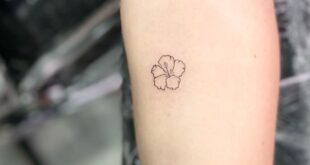Tattooing has been practiced for thousands of years across cultures all around the world. In many traditional societies, tattoos were not just a form of personal expression, but held deep cultural and spiritual significance. One such traditional form of tattooing that has persisted through the ages is the traditional tattoo.
Traditional tattoos are a form of body art that has been practiced for centuries in various cultures, including those of the Maori in New Zealand, the Samoans in Polynesia, and the Berbers in North Africa. Each culture has its own unique style of tattooing, with designs that are specific to that particular region and carry with them meanings that are often deeply rooted in the culture’s history and beliefs.
For example, the Maori people of New Zealand have a long-standing tradition of tattooing known as “tā moko.” These intricate designs are applied to the face and body using chisels and pigment made from natural materials. The designs of tā moko carry genealogy, social status, and personal identity, making them an important cultural symbol for the Maori people.
Similarly, the Samoans practice a traditional form of tattooing known as “tatau.” Samoan tattoos are done by hand, using a set of tools made from bone, shell, and wood. These tattoos symbolize the bearer’s social status, courage, and history, and are often seen as a rite of passage for young men in Samoan society.
In North Africa, the Berber people have a tradition of tattooing that dates back centuries. Berber tattoos are typically geometric patterns that are applied to the face, hands, and feet. These tattoos are believed to ward off evil spirits and protect the bearer against harm.
While traditional tattooing has largely been replaced by modern techniques and designs in many parts of the world, there has been a resurgence of interest in these ancient practices in recent years. Many people are drawn to the cultural significance and unique designs of traditional tattoos, choosing to adorn their bodies with symbols and motifs that have deep meaning and history.
In a world that is increasingly homogenized and globalized, traditional tattoos serve as a powerful reminder of the diversity and richness of human culture. They are a testament to the enduring power of art and self-expression, and a link to our ancestors who used tattoos to communicate their identities and beliefs to the world. Whether worn as a personal statement or as a connection to one’s cultural heritage, traditional tattoos continue to be a powerful form of body art that transcends time and place.
 innstyled Tattoo Ideas
innstyled Tattoo Ideas
